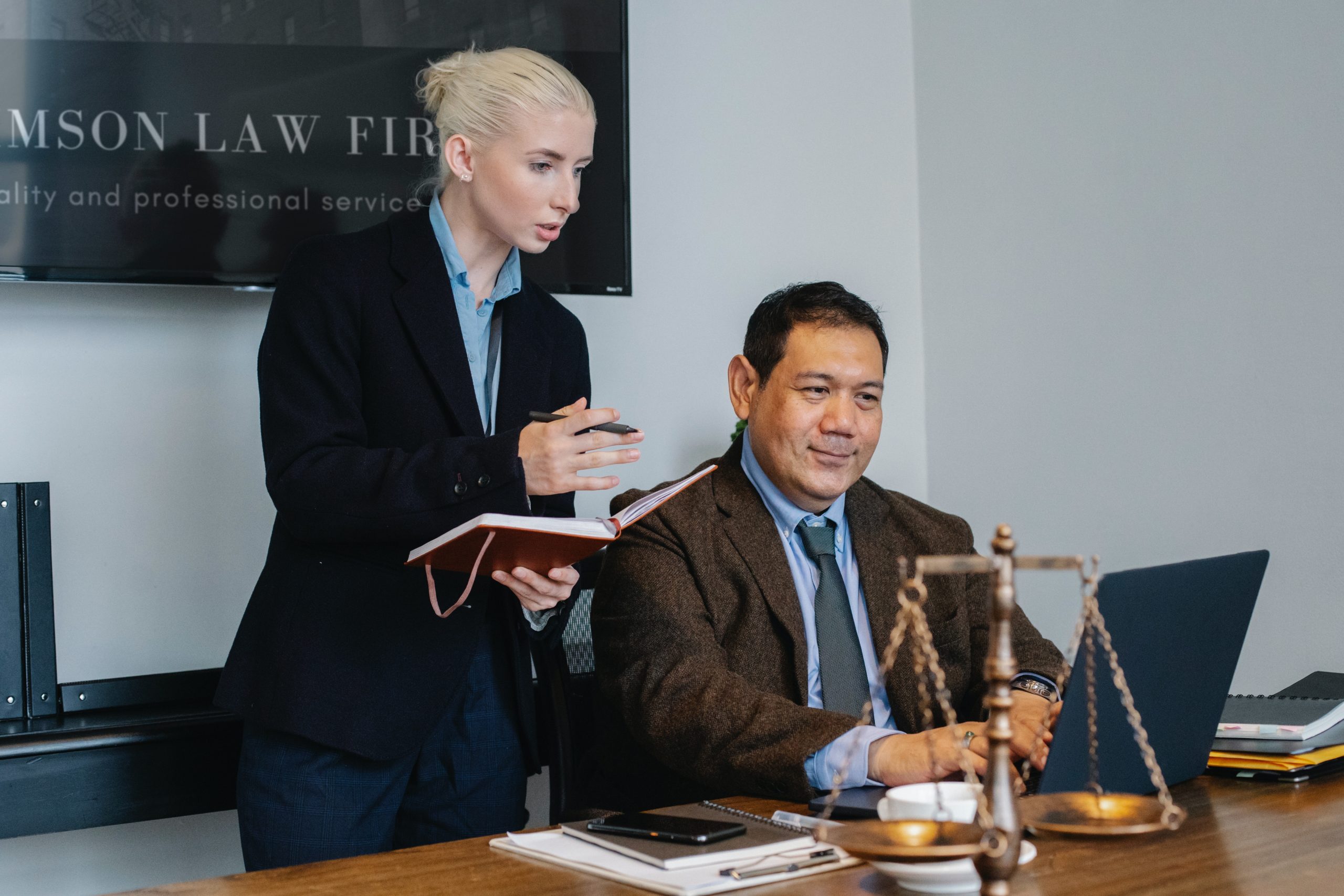How Can I Attain a Satisfying and Rewarding Paralegal Career?
A Glance at Paralegal Careers
By definition, a paralegal is a legal para-professional who works within public and private law firms or agencies by supporting attorneys and law office operations. It is a vibrant, high-tempo career that offers excitement and many opportunities for growth. The future is so bright that the U.S. Bureau of Labor Statistics Occupational Outlook Handbook forecasts that the paralegal profession will grow at a faster than average rate of 12% with approximately 43,000 new openings becoming available each year until 2030. In speaking to competitive compensation, the median wages for paralegal employees in 2020 was $25.44 hourly, and $52,920 annual salary with the highest paid paralegals (up to $100,000) working for the largest law firms and corporate legal departments.
Save for the State of California, paralegal credentials remain unregulated by the respective states and federal governments. As such, there are no specific license, education or experience requirements for paralegals. Therefore, the steps to becoming a paralegal vary, but with most (>50%) paralegals and legal assistants possessing at least a diploma certificate or associate’s degree in paralegal studies. In some cases, employers may recruit and hire college graduates with a bachelor’s degree in paralegal studies and then train them on the job. However, the fastest, most economically efficient pathway to becoming a paralegal would be through a diploma certificate program which lasts approximately up to one to two semesters such as through the paralegal program offered through Blackstone Career Institute (BCI). However, it is important to note that knowledge and practical job skills make all the difference for the prospects of an aspiring paralegal. Many, if not most, law firms and offices are looking for the right fit personality wise than simply hiring the most academically qualified candidate.
Jumpstart Your Legal Career with Certification
Upon the successful completion of a paralegal studies program, it is then possible for a graduate to attain nationally recognized paralegal certification which promotes a professional advancement to credentialing when applying for paralegal jobs. The top four organizations offering professional paralegal certification are:
- National Association for Legal Support Professionals (NALS).
- American Alliance of Paralegals, Inc. (AAPI).
- National Association of Legal Assistants (NALA).
- National Federation of Paralegal Associations (NFPA).
By way of comparison for example, BCI’s nationally accredited online Legal Assistant/Paralegal Program offers more than the 900 clock hours of coursework needed to sit for the Accredited Legal Professional (ALP) exam and/or the Professional Paralegal (PP) certification, given by NALS. In addition, BCI’s Legal Assistant/Paralegal program also meets the accredited business/legal course criteria needed to sit for the Certified Paralegal (CP) exam given through the National Association of Legal Assistants (NALA).
The paralegal profession is an excellent way for those with an interest in or talent for organizational work to enter the legal profession with much less investment of time and money than that required for becoming an attorney. If you possess the ability to speak and write clearly, possess attention to detail, integrity, initiative and are cooperative and dependable then you might find that an exciting paralegal career is right for you. Capitalize on your interest and enroll in your education pathway to success today!
Written by Professor Jeffrey Hauck
Professor Jeffrey Hauck currently resides in Texas with his wife and family. He is serving in the U.S. Army as a Space Operations Officer for an Innovation Command providing guidance and assessments for Theater and Homeland Defense missions. His military service includes more than twenty years of experience both as a U.S. Army Non-Commissioned and Commissioned Officer employed as an Airborne Infantry Pathfinder; Chemical, Biological, Radiological, Nuclear (CBRN) basic branch Officer; and now a Space Operations Officer (FA-40). His law enforcement career includes fifteen years of service as a municipal police officer hired, and twice promoted, through the Civil Service Commission.
Professor Hauck retired from law enforcement at the rank of Sergeant as a platoon shift supervisor and administrator. He possesses many years of training, lecturing, & business management experience as well as more than fifteen years of experience as a Licensed Private Detective (LPD). During the years of 2006 – 2014 he was Licensed and Bonded as a Private Detective empowered to conduct private investigations throughout the entire Commonwealth of Pennsylvania and the State of Alabama.
Professor Hauck is currently licensed as a Private Investigator in the State of Texas. He earned a Juris Doctor (JD) Degree and was a fellow at the Law & Government Institute earning specializations in both Administrative and Constitutional Law at Widener University School of Law. He also holds a Master of Science (MSc) degree in Criminal Justice, a Bachelor of Arts (BA) degree in Criminal Justice, and a Career Diploma as a Certified Legal Assistant/Paralegal. Currently, he is a Ph.D. candidate.
As a law enforcement officer Professor Hauck held certification to teach at the Police Academy Level (PA Act 120) as a Special & General law enforcement Educator/Trainer. He is credentialed as a Certified Law Enforcement Trainer (CLET), Certified Protection Officer (CPO), Certified International Investigator (CII), and Certified Instructor in the areas of academics, skills, and firearms for Pennsylvania’s Act 235, The Lethal Weapons Training Act. He has been teaching as an Adjunct Professor of Criminal Justice and Paralegal Studies in both brick and mortar and distance institutions since 2002. He is a proud member of the National Association of Legal Assistants (NALA), the Texas Association of Licensed Investigators (TALI), and other professional organizations.














